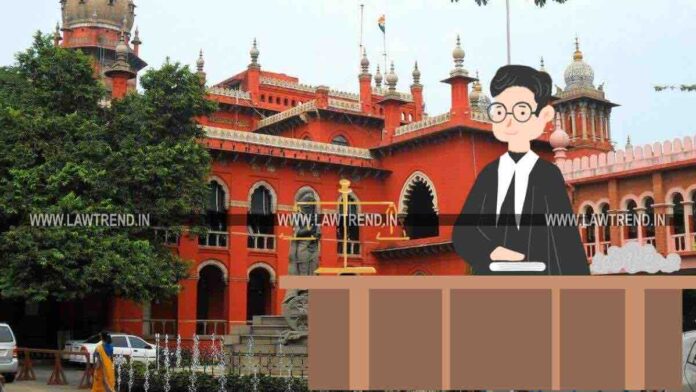In a stern rebuke to willful disobedience of court orders by a member of the legal profession, the Madras High Court has found advocate A. Mohandass guilty of civil contempt for breaching his undertaking to vacate rented premises and disobeying judicial directives. Justice N. Sathish Kumar, in a detailed common order pronounced on July 8,
To Read More Please Subscribe to VIP Membership for Unlimited Access to All the Articles, Download Available Copies of Judgments/Order, Acess to Central/State Bare Acts, Advertisement Free Content, Access to More than 4000 Legal Drafts( Readymade Editable Formats of Suits, Petitions, Writs, Legal Notices, Divorce Petitions, 138 Notices, Bail Applications etc.) in Hindi and English.




